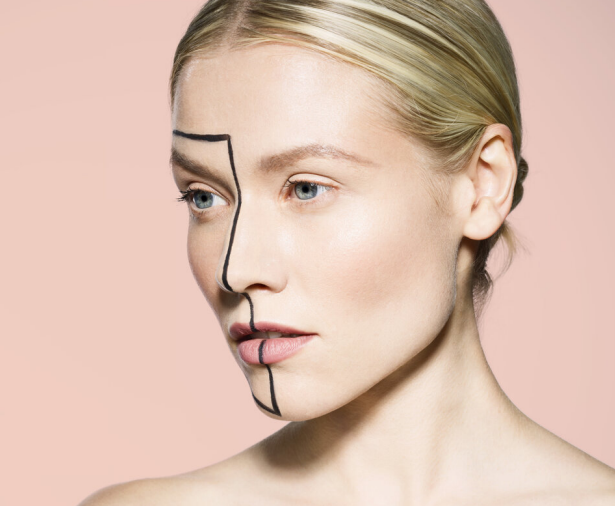What’s coming, what’s going, what’s staying?
The latest trend report ‘The Future of Aesthetics’ answers the latter question. A youthful – V-shaped – face is and will remain an important calling card, and the
body will continue to be seen as a status symbol. Even the body
positivity trend cannot shake this.
Surgeries are becoming smarter, gentler, and safer
Aesthetic treatments are on the rise worldwide – both surgical
procedures and so-called ‘gentle’, i.e. partially or non-invasive
treatments. More and more people are choosing from more and more
options. A clear trend is emerging. Regardless of whether cutting,
suctioning, injecting, or working with energy: Procedures are
becoming ever more patient-friendly, ever gentler, and ever safer.
The Implant in the Funnel
So what is ‘going’ are antiquated methods that cause long
regeneration phases or long scars due to their invasiveness,
especially in surgical procedures. Beauty surgeons are pointing to the
Keller Funnel as a specific example of current developments in the
field of aesthetic medicine. The specialist in plastic, reconstructive,
and aesthetic surgery now uses a special funnel to insert breast
implants. ‘There is no skin contact, which enables absolutely sterile
implant insertion and thus minimizes surgical risks. In addition, a
much smaller incision is required to place the breast implant than with
manual insertion,’ according to doctors. Possible results can also be
assessed during the preliminary consultation thanks to smart 3D
visualization. Among other things, AI makes it easier to select the
implant or method.
Radio Frequency Instead of a Scalpel
There are also constant new developments in the field of non-invasive
and partially invasive treatments. A new procedure is already
considered revolutionary, using highly potent radiofrequency (on and
under the skin) to achieve results that are comparable to surgical
tightening. The method can also be combined with liposuction on the
body.
Lipoedema patients, in particular, would benefit from this. The radio
frequencies increase the temperature of the lower skin layers to
between 140 F and 174 F. This directly tightens the skin and reduces
wrinkles without damaging the tissue. The long-term effect is
increased production of collagen and elastin. The treatment is carried
out under local anesthesia, sedation, or general anesthesia.


